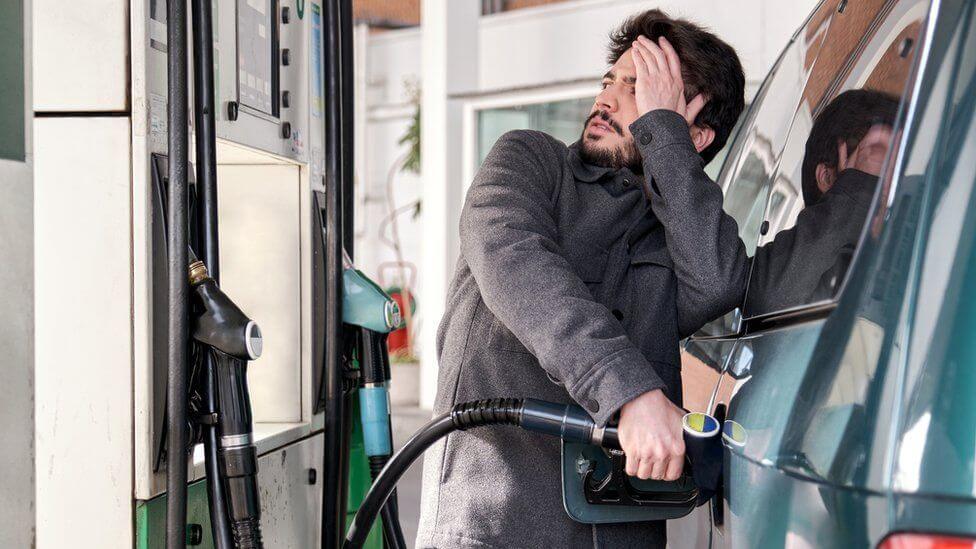Thankfully for rail contractors and those businesses who have fleets of vans the cost of filling up a car is set to be £10 cheaper within the next few weeks. So as wholesale prices continue to fall drivers will be forking out less to fill their car up. Wholesale petrol peaked above £1 a litre on 1st June but then fell to 80p a litre for last week. That’s a saving of 20p per litre at the pump within a fortnight.
The Competition Watchdog is currently investigating the “growing gap” between the oil price and the wholesale price and petrol and diesel.
The Competition Watchdog recently carried out an urgent review of the market, which was ordered by Kwasi Kwarteng, the Business Secretary, following concerns that a fuel duty cut announced in March was not being passed on by Tesco’s Sainsbury’s, Morrisons & Asda “in any visible or meaningful way”.
Darren Briggs, chief executive of Ascona Group, said companies such as Tesco, Sainsbury’s, Morrisons and Asda are failing to pass on savings to drivers despite buying in fuel more cheaply than independent rivals.
However, earlier this month the watchdog said its preliminary findings suggested oil refineries were largely to blame for the gap in prices.
Currently petrol costs on average 188.76p a litre and diesel 196.96p and the cost of filling up a family car recently rose to above £100 for the first time ever and after the Ukraine war drove the price of oil higher.
Oddly enough oil prices have dropped back in the last few days ($95 barrel) for the first time since the Ukraine war. And most likely fuelled by consumers worrying about a recession which has lead to lower demands.
Luke Bosdet at the AA said: “Wholesale petrol’s trajectory, if sustained, would lead to savings from the record highs – providing the fuel trade is prepared to pass them on.
“So far this morning, even with oil rebounding, wholesale petrol remains below 80.5p a litre.”
Mr Bosdet added: “The problem is that, in many places, the price cuts are quite simply not happening despite more than six weeks of falling costs.”
Image Credit to BBC

